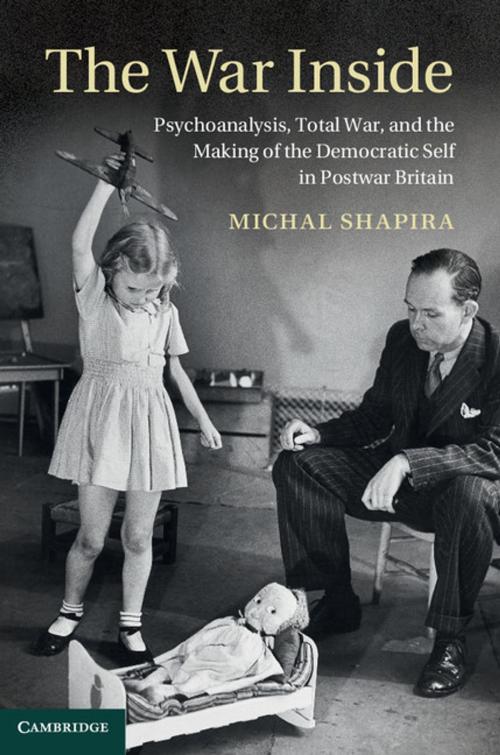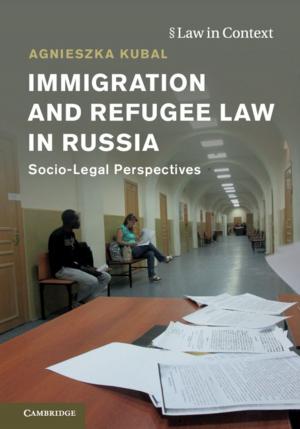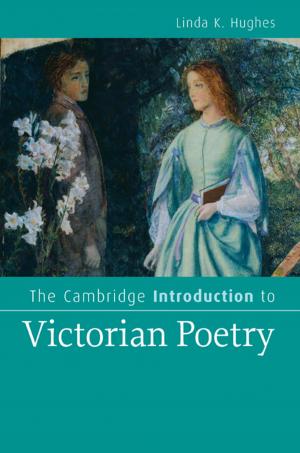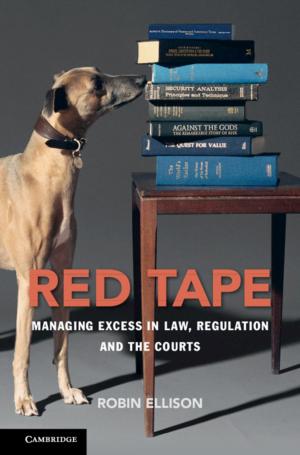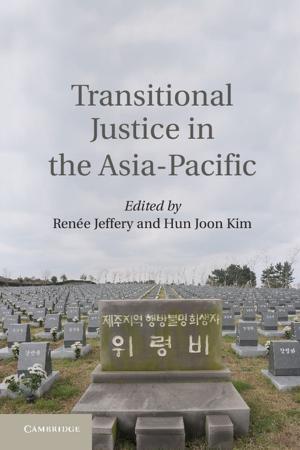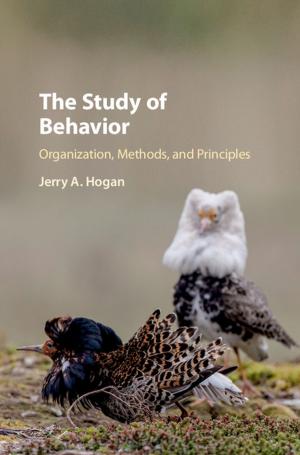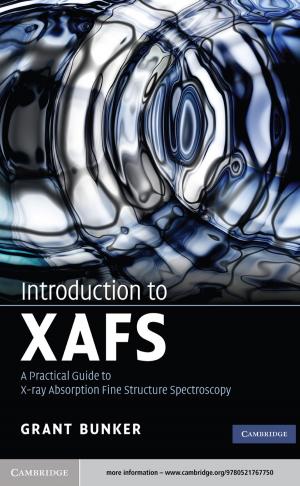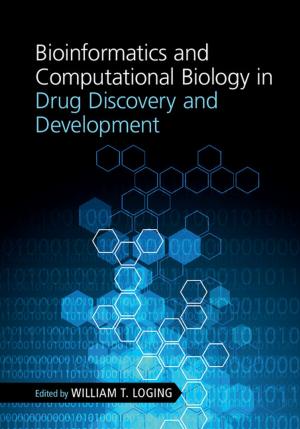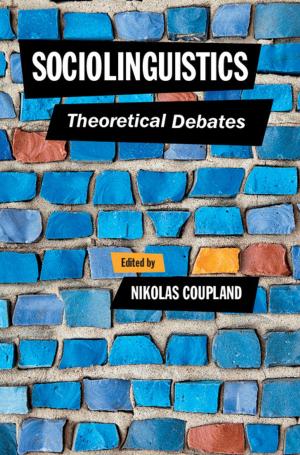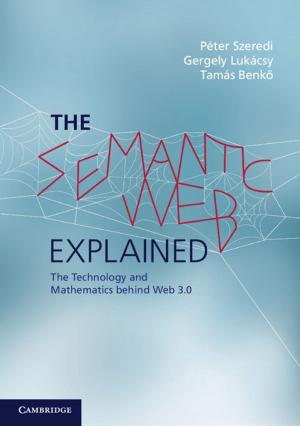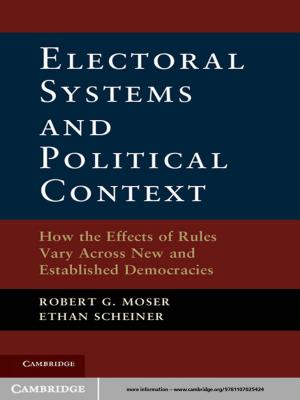The War Inside
Psychoanalysis, Total War, and the Making of the Democratic Self in Postwar Britain
Nonfiction, History, British, Health & Well Being, Psychology| Author: | Michal Shapira | ISBN: | 9781107289796 |
| Publisher: | Cambridge University Press | Publication: | September 12, 2013 |
| Imprint: | Cambridge University Press | Language: | English |
| Author: | Michal Shapira |
| ISBN: | 9781107289796 |
| Publisher: | Cambridge University Press |
| Publication: | September 12, 2013 |
| Imprint: | Cambridge University Press |
| Language: | English |
The War Inside is a groundbreaking history of the contribution of British psychoanalysis to the making of social democracy, childhood, and the family during World War II and the postwar reconstruction. Psychoanalysts informed understandings not only of individuals, but also of broader political questions. By asserting a link between a real 'war outside' and an emotional 'war inside', psychoanalysts contributed to an increased state responsibility for citizens' mental health. They made understanding children and the mother-child relationship key to the successful creation of a democratic citizenry. Using rich archival sources, the book revises the common view of psychoanalysis as an elite discipline by taking it out of the clinic and into the war nursery, the juvenile court, the state welfare committee, and the children's hospital. It traces the work of the second generation of psychoanalysts after Freud in response to total war and explores its broad postwar effects on British society.
The War Inside is a groundbreaking history of the contribution of British psychoanalysis to the making of social democracy, childhood, and the family during World War II and the postwar reconstruction. Psychoanalysts informed understandings not only of individuals, but also of broader political questions. By asserting a link between a real 'war outside' and an emotional 'war inside', psychoanalysts contributed to an increased state responsibility for citizens' mental health. They made understanding children and the mother-child relationship key to the successful creation of a democratic citizenry. Using rich archival sources, the book revises the common view of psychoanalysis as an elite discipline by taking it out of the clinic and into the war nursery, the juvenile court, the state welfare committee, and the children's hospital. It traces the work of the second generation of psychoanalysts after Freud in response to total war and explores its broad postwar effects on British society.
